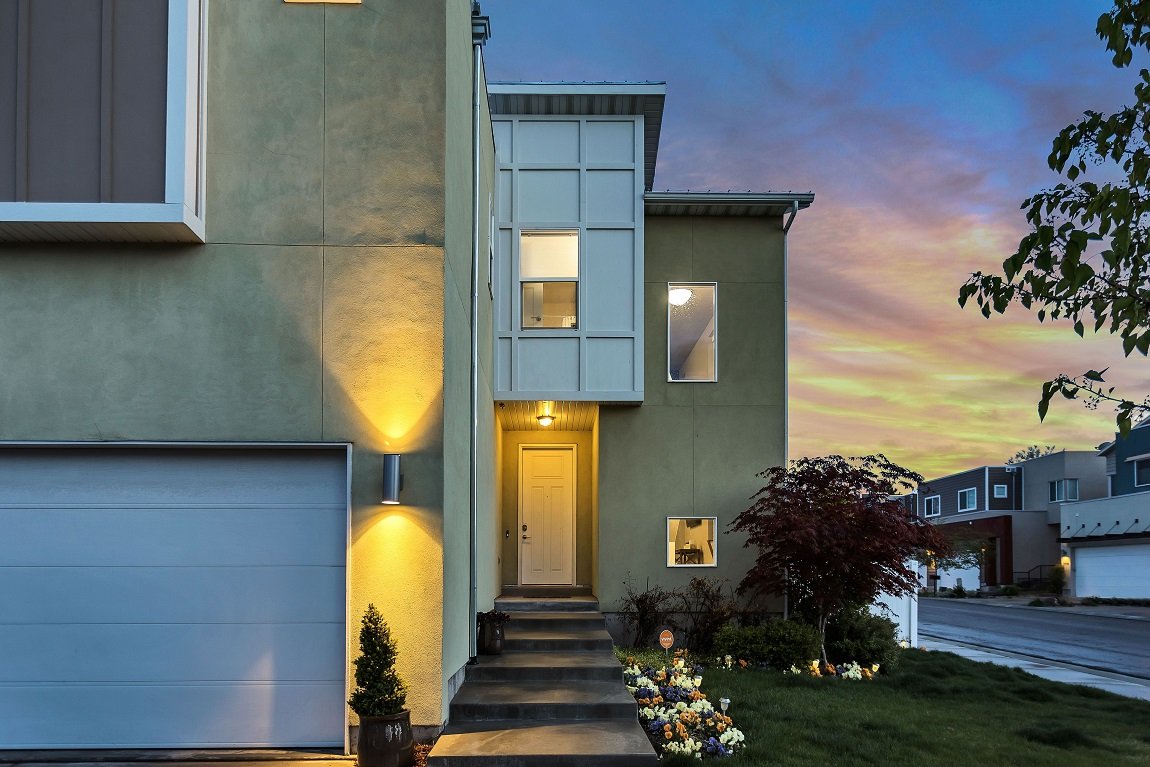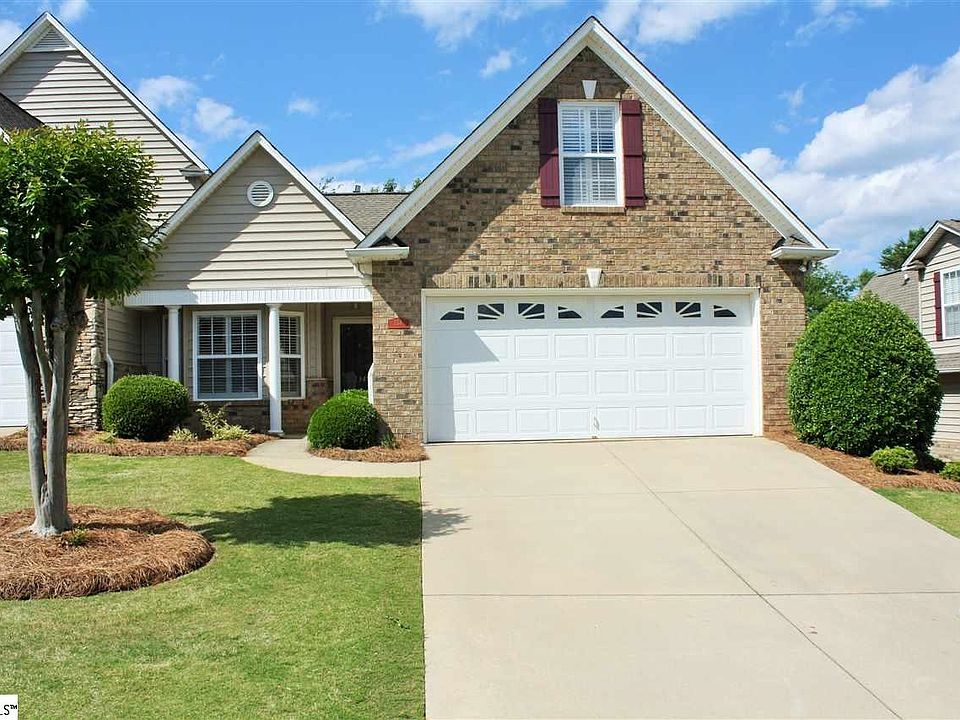Purchasing real estate for investment looks like a goldmine from the outside, but once you get into it, you’ll notice the landscape that looked magical is suddenly studded with hidden landmines.
Long-term leasing may be secure, but you have to deal with tenants (who could destroy your property), and it doesn’t have as much profit potential as short-term rentals.
We know that real estate investing is one of the most solid investments for growing wealth. But when it comes to short-term rentals, you may find yourself wondering whether the better investment is to buy or rent real estate. The short answer is: a booming short-term rental business is possible without owning any property at all.
You can build and scale a short-term rental business using two different business models:
- Rental arbitrage
- Property management
This article will explain the pros and cons of each model and how to start making money without owning any property.
The Rental Arbitrage Model
Rental arbitrage is when you rent a property on a long-term rental agreement and then you list that property on websites like Airbnb or Booking.com and pocket the difference. This can be particularly lucrative if you take the time to plan and research early on.
In order to set yourself up for success, your first steps will be to:
- Research locations where there’s demand for vacation rentals
- Make sure that place doesn’t have regulations that prevent rental arbitrage
- Find a landlord who’s on board with the idea
Checking whether this model would be profitable for you is fairly simple. Let’s say you found a property with a rental price of $1,500/month, and you check on Airbnb and see similar units going for $150/night. That means in 10 days you can pay back the cost of the rent, and the remaining 20 days are profit.
Advantages of the rental arbitrage model
The main advantage of this model is the profit potential. If you follow all the right steps and find a good location with a motivated landlord, you can expect to 1.5x-3x your initial investment. In the last example, if your apartment rent is a monthly $1,500, and you’re making $4,500 from it (minus ~$1,000 in expenses), you can make $2,000 profit a month.
You can slowly scale this model and manage multiple properties. With ten properties at this rate, you can hit $20,000 months.
Another advantage is that you have more autonomy than you would as a property manager. Property managers have “clients”: the owners. As the tenant of the rental property, you’re the one that has the contract. That means you’re the one that’s going to be making all the decisions related to your short-term rental.
Disadvantages of rental arbitrage
There’s still some up-front and ongoing investment involved in this model. You have, well, rent to cough up every month. Not to mention the initial investment – security deposit, first month and last month – which can easily add up to $10k-$15k of upfront investment for each unit. As such, this model is hard to scale quickly.
Another issue is that this model is quite risky. You can sign a 5-year lease and one year in regulations change. Suddenly, rental arbitrage isn’t allowed anymore but you’re stuck with the lease. You’ll need a plan B in this situation.
Most of the time, if you do your due diligence before investing in a property, you’ll be okay. But the main disadvantage of rental arbitrage is the business acquisition aspect. Finding a property that is not only in an ideal location with high vacation demand, high ROI potential, and that has lax regulations and buy-in from a landlord is the toughest part.
Property Management Model
Another short-term rental business model you can use to make money without owning property is to manage other people’s properties. This is a good solution in places where rental arbitrage is not legal. In most places, the owner of a property will be allowed to run a short-term rental operation, and you’ll only be on contract as a manager.
You can identify and partner with individual property owners who want to list their properties but who don’t know much or don’t have time to run it. These partnerships can be structured anywhere from a 50-50 split to an 80-20 share. It’s wholly up to you and the landlord to decide.
This model helps hedge against regulation and makes it far easier to scale more quickly.
Advantages of the property management model
The main advantage of this model is that you can scale very quickly. You don’t need any upfront investment at all. As soon as you find a property owner that wants to work with you, you can start immediately.
That means you don’t need any time to save for the next property. You can onboard 10 properties in one week if you wanted to. On top of that, you have very little risk involved. If anything happens and the property isn’t right for short-term rentals anymore, you can pack up and move on to the next unit without losing money.
You don’t have to deal with any contracts or any responsibilities for being a tenant or an owner. You get in, do the work, and get out.
Disadvantages of the property management model
There are fewer disadvantages to this model, but one reason it’s unattractive to some short-term rental entrepreneurs is that the profit potential is the smallest of all the models. On average, most property managers take only a 20% cut. So in the above example of a rental property that would cost normally $1,500/month, instead of taking home $2,000 a month, you’d take maybe $400.
You’d need to manage a lot more properties to hit $20k months.
Another disadvantage is that in this model, the owner of the property is your client, and you need to keep them happy. You won’t only be marketing to guests, but also to property owners. They might not like the way you’re managing the property or they might suddenly decide to use the property for other reasons, like hosting their mom who’s in town for the weekend.
Choosing your path to operate a short-term rental property
Ultimately, the business model you choose will be up to you. You may have money to invest and want a bigger profit, or maybe you want to start scaling immediately. Each model has their benefits, and neither requires you to own property to start.
Which will you choose?
Are you passionate about sharing your insights and expertise? We invite you to write for us! Whether you’re a seasoned writer or just starting out. We’re looking for fresh perspectives on a variety of topics, from lifestyle and wellness to technology and travel.
 Lifeyet News Lifeyet News
Lifeyet News Lifeyet News





